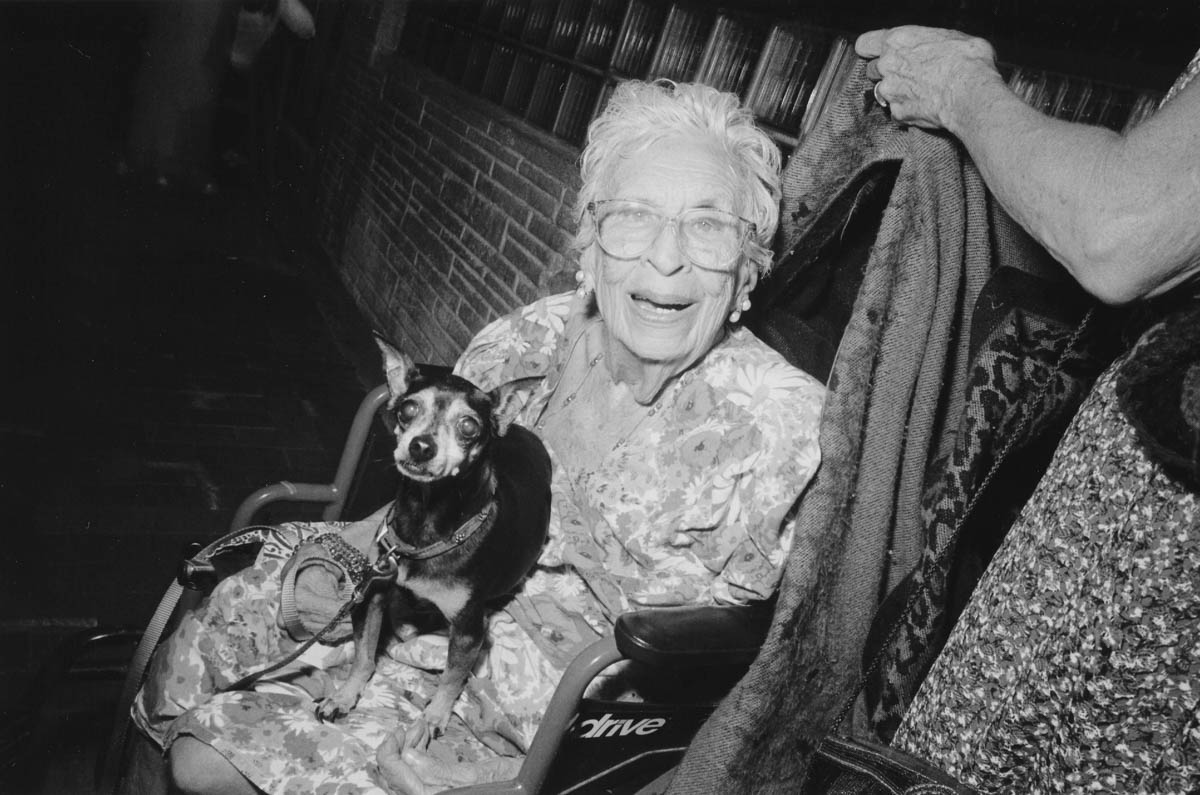On Photography
Within the scope of my practice, intention and realization have become terms that are at times singular, at others in conflict, and, even more frequently, meaningless. My relationship with photography has developed into an affinity for particular functions of the medium, functions that rarely bend to my will but occasionally divulge secrets in a variety of articulations.

While intention is purpose, aim, or guiding objective; to creators it is the self directed attention channelled towards the construction or manifestation of an idea or process. Intention resides in a metaphysical space, within. Realization is the expression of that energy in sensuous ways - it is the way the idea attempts to loosen itself from the shackles of abstraction. The intellectual domain where intention resides is sophisticated beyond the abilities of the physical. When those limits are crossed we often find ourselves dealing with phenomena we deem intangible or ineffable; this may be where our work fails to realize (become real).
Photography is a medium highly contingent on chance, accidental even. At this point it may be naive of me, but I believe there are basically two camps within photography, those who relinquish control to risk and those who believe photography is a tool to be mastered as such. This isn’t to say that either group works any harder than the other, for the latter understands that through rigorous practice we can fail better more often. The photographs I most enjoy from my work are gifts, serendipitous in nature.

My intention is to be open, willing, and ready to any opportunity that might reveal itself as fruitful - to be in the right place at the right time, and, with the help of the universe, have all the pieces within my frame align with balance, order, and meaning. The realization, well, that, on the other hand is almost always a collapse in some way. I would not call them failures, however, because even when the mark is missed a possibility for learning is created. The process is an uncovering of understanding either through the action of photographing or the eventual inspection of the results.
The work should move us in some way, bestow awe, remind us of the fleeting nature of existence - something. At the basic level it should be able to do something that words can not.

There is no other medium that can depict the sensuous quality of materials quite like a good photograph. This ability bestows a moral obligation on the photographer to the best of his ability, respect for the subject, to allow it to be described accurately. We are often astonished by the powerful depiction of simple objects.
Photography is a game of selection, selecting forms, subject, content, timing, framing - when you press the shutter, and what exists within the frame lines. It is an infinite game in where all things are viable. It is easy to do, but exceedingly difficult to do well (paraphrasing Bill Jay).
If we allow ourselves to engage this game, looking for new subjects and vigorously photographing we develop a hunger for life itself. We begin to recognize and see more of reality itself. Part of that realization is that beauty is commonplace. I know this sounds eccentric but it’s true. I can’t say it any better than Elliot Erwitt:
“My ‘work’ is about seeing not about ideas.”

Photographs sever their content from exterior context. Attempts to moor them to anything outside of the frame is an imposition of our inability to deal with what is there. The photograph has transformed what I stood in front of into a specific arrangement of facts.
I must be indiscriminate in approach, keeping in mind that there is no possible way for me to know a good picture before I make it. The problems I am most interested in are formal, visual in essence, and practically impossible to envision before the work is created. This is the nature of photography.

Beauty conveys itself in many ways and is difficult to put into words. It is ethereal, provoking in us sensations of awe - at being confronted by the sudden realization of its existence. I believe we have the ability to recognize order and that leads us to value form. A good form suggests balance and purpose. How well a piece is organized determines the degree to which we can appreciate its Beauty. In a sense a work’s form is the conduit for us to perceive Beauty. Of course the experience of Beauty is mediated by our individual bias.
Whether something is Beautiful or not is where merited discussion may be pursued. However, I reject the notion of divorcing art from Beauty because then what sense does form have? What sense would life have without Beauty? That is a terrible nihilistic philosophy, one that does not serve me.
On Beauty in photographs I say: Within photographs we can usually find forms we may consider protagonists, possibly subjects. These forms are crucial, they anchor the composition. Moving within the frame every supplemental form justifies its placement by the photographer, every decision we understand to be deliberate. On a separate but equal level we consider the content of the photograph. What is the photograph about? To the degree that these two components work in unison creates a sense of order that we can identify as Beautiful. There must be an oscillation between two, they must both be strong enough to compel us individually but support each other so that they coalesce.

Sometimes, however, the form is the content. Content without form seldom succeeds. I mention this because it is a common mistake among beginners. We tend to initially seek events where interesting situations may be photographed, only to find disappointment when looking at the negatives. Why is this?
Photography is not about the thing photographed. It is about how that thing looks photographed.
- Garry Winogrand
I don’t mean to define what a photograph can be. The truth is that anything is photographable; in this regard photographs are omnificent, infinitely capable of communicating Beauty in the ordinary.


German Ruiz is a photographer and educator currently living in South Florida. His relationship to photography is driven by the descriptive power of photographs to reveal beauty in the ordinary. Ruiz has been featured in local and international exhibitions. He is an MFA candidate at Florida International University.


